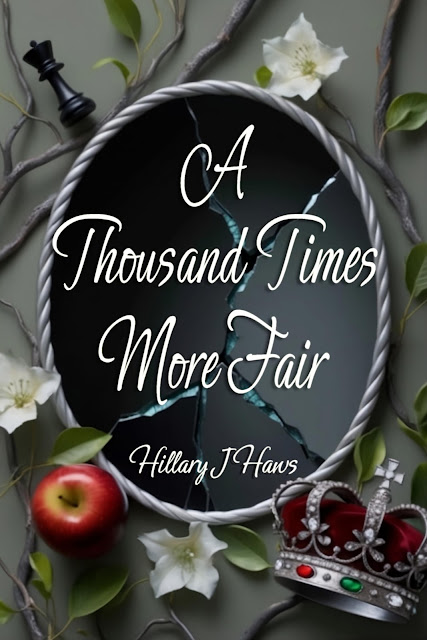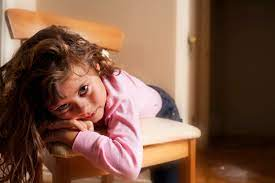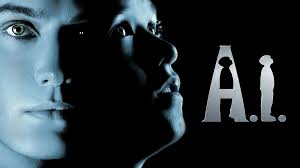I wanted to take a moment to reflect on everything I've done as a writer over the past year as it comes to a close. And then, I'll talk about some of my goals for 2025.
The biggest thing I did this year was publish a new book: A Thousand Times More Fair. I actually started writing this in November of 2023 as a sort of NaNoWriMo that wasn't really a NaNoWriMo. I knew I wouldn't be able to do 50,000 words in a month, but I tried to write every day that month and I got about halfway done with it. Over the next few months I finished the first draft, but then had to take a break from writing because I had a cyst on my wrist that caused me some pain and I had to get it removed.
I wasn't able to type for about a month, and then I only got in a few weeks of typing before I had new pain and what felt like another cyst starting in the same wrist. After taking another break to try to rest and heal, I decided I needed to make my typing posture a priority to stop this from happening again. Who would have thought all those computer lab lessons on keeping your wrists off the table would actually come in handy? Since then, I haven't had any more pain or problems and I've been able to type and write consistently.
Around August I decided I was ready for beta readers, and I realized how difficult it is to find good beta readers and get feedback from them! I am a member of several Facebook groups dedicated to helping authors find beta readers, and I only got two or three people who committed to helping me after posting in all of them. And after a month of waiting for them to finish writing, I contacted them a few days before the agreed upon completion date and one of them said they'd forgotten, one said they would have it done in time (and then never got the feedback to me despite me asking every day for a week), and the other got about ten chapters in and then got busy.
I finally got some good feedback after turning to friends and family and with that I was able to write and edit the final draft.
From that experience, I learned to always ask people to edit on Google Docs when possible, because you can see their progress and even if they only get part of the way done, at least you'll get to see the partial edit. I have no idea if the person who said they were almost done and only needed a few more days was telling me the truth and if somewhere there's a fully marked up manuscript that they simply never sent to me. The person who only got to chapter 10 at least used Google Docs so I had suggestions for the first ten chapters.
I also learned that, annoying as it is, I have to follow up with people multiple times before the agreed upon completion date to make sure they are making progress and haven't forgotten.
While waiting for feedback, I made a cover for the book and was fairly pleased with the result. The main thing I learned while making that is, Amazon will always print pictures to be way darker than they look on your screen and you should make it brighter than you want with less contrast than you think it will need.
I'm quite proud of the book. I published it on Black Friday, a little over a year after I started writing it, and that has been very motivating to try to write and publish another book within a year. I'm currently working on a new novel, which I will reveal more about later.
One thing I haven't been great at, but am trying to do better, is having a social media presence. I won't post the video here because it does swear quite a bit, but there's this author on YouTube, Liz Shipton, who does a lot of videos about male writers vs female writers, and she has a video about becoming an author and all the things you have to do, and of course the final thing to become an author is make a bunch of [stupid] videos for the internet. As an indie author, making a bunch of videos and social media posts to try to stay relevant and drum up business for yourself is essential, but is so much work when all you really want to do is WRITE! I'm terrible at it, and I did try harder in November during the lead up to the release date of A Thousand Times More Fair to post every day or at least every week on Facebook, but the thing is, I'm a stay at home mom with only about one to two hours of free time a day. So, for one to two hours, I must choose between writing, posting on social media, reading, watching a show, playing computer games, and exercising. The rest of the day I am taking care of kids or sleeping.
Maybe one day I can be a full-time indie author who can dedicate herself to posting regularly, but for now, I'm content to write books and have a small following of mostly friends and family and still have time for the other things I want to do.
Still, my other author friends have inspired me to try a little harder this year to post more regularly, so I'll do what I can to blog once or twice a month, and maybe throw a post on Facebook once a week. The blogs count as a Facebook post, btw.
Which brings me to my goals for the year:
Finish writing and publishing untitled book by October.
Start sequel to untitled book (Ooooo! A series?!!!)
Post on Facebook once a week, including a blog post once or twice a month.
Update my author website (it still doesn't have A Thousand Times More Fair on there!)
Run a marketing campaign for A Thousand Times More Fair a week before March 21, 2025 (ahem, if you keep up with movie release dates you'll know why).
Do better at following up with beta readers.
I look forward to another year of growing as an author. What did you do this year to take a step forward in your writing journey?












